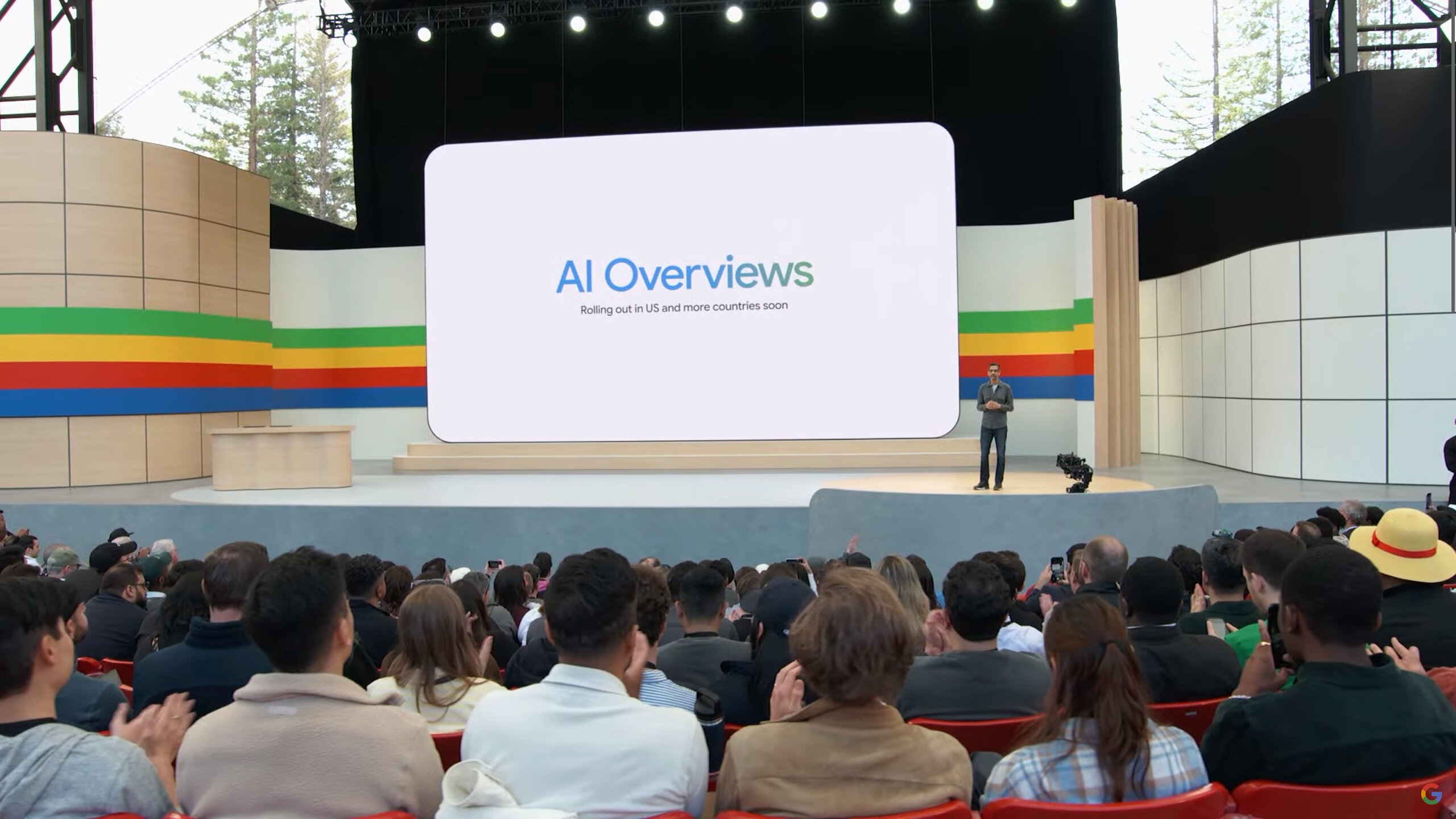TL;DR
- A US-based ed-tech company is suing Google, claiming that its AI-generated search previews (AI Overviews) harm businesses and users.
- The lawsuit argues that Google’s AI Overviews unfairly capture traffic that traditionally went to publishers and could lead to a “hollowed-out information ecosystem.”
- Google defends the feature, stating that AI Overviews help users find information more easily and drive traffic to a broader range of websites.
Chegg, a US-based ed-tech company, is suing Google, claiming that the tech giant’s AI-powered search previews are damaging its business and decreasing online traffic.
Google introduced AI Overviews in Search last year. These AI-generated summaries appear at the top of search results and provide users with an overview of information, often preventing them from clicking on other websites. As a result, publishers, including Chegg, are seeing a drop in web traffic, as users are getting the information they need directly from Google’s search page.
In a statement, Chegg’s CEO, Nathan Schultz, said, “We are initiating a strategic review process and have filed a complaint against Google, which has unjustly captured traffic that traditionally came to Chegg, impacting our user acquisition, revenue, and workforce.” He further emphasized that Google’s AI Overviews could negatively impact the entire online media publishing industry and the future of online search.
Chegg warned that this could lead to a “hollowed-out information ecosystem” that is unreliable and “unworthy of trust.”
In response, Google dismissed the claims as unfounded. A company spokesperson told Reuters, “With AI Overviews, people find Search more helpful and use it more, creating new opportunities for content discovery. Every day, Google drives billions of clicks to websites across the web, and AI Overviews are helping traffic reach an even wider range of sites.”
Are Google’s AI Overviews trustworthy?
Although Google’s AI Overviews had a rocky start with strange and sometimes misleading results, they have become remarkably accurate over time. These AI summaries are handy when you need information quickly and don’t have time to sift through multiple websites. However, this is also likely the reason publishers are seeing a decline in traffic, as users often don’t click through to the original sources of the information featured in AI Overviews.
While AI Overviews can be convenient for quick information, it’s important not to rely on them without question. Because the feature condenses information by design, you could end up missing out on important context or details for your search queries. To ensure you’re getting the full picture and to double-check the accuracy of the information, you should always click on the source links within the AI Overview. These clickable links direct you to the original webpage, where you can access the complete information.









